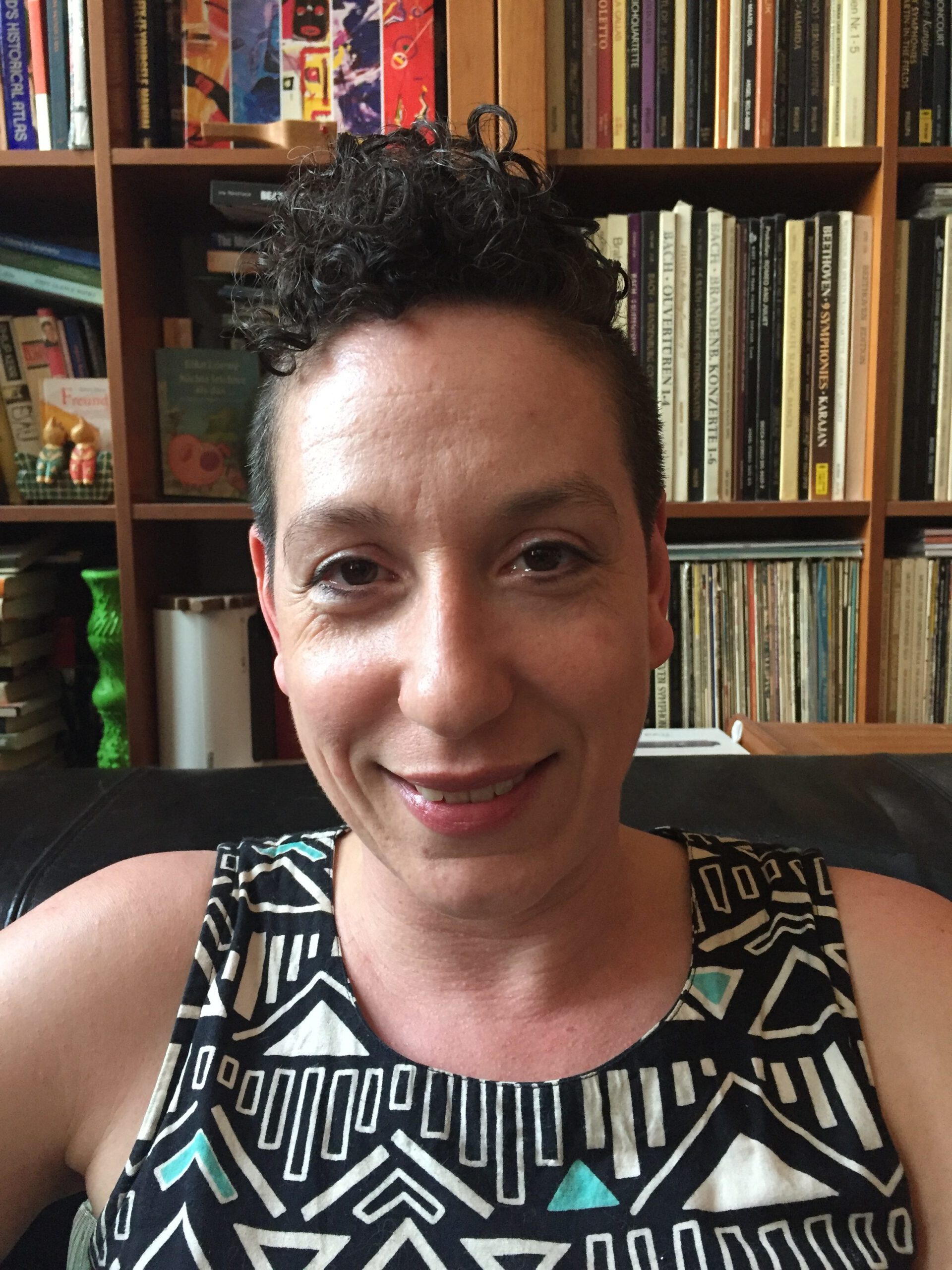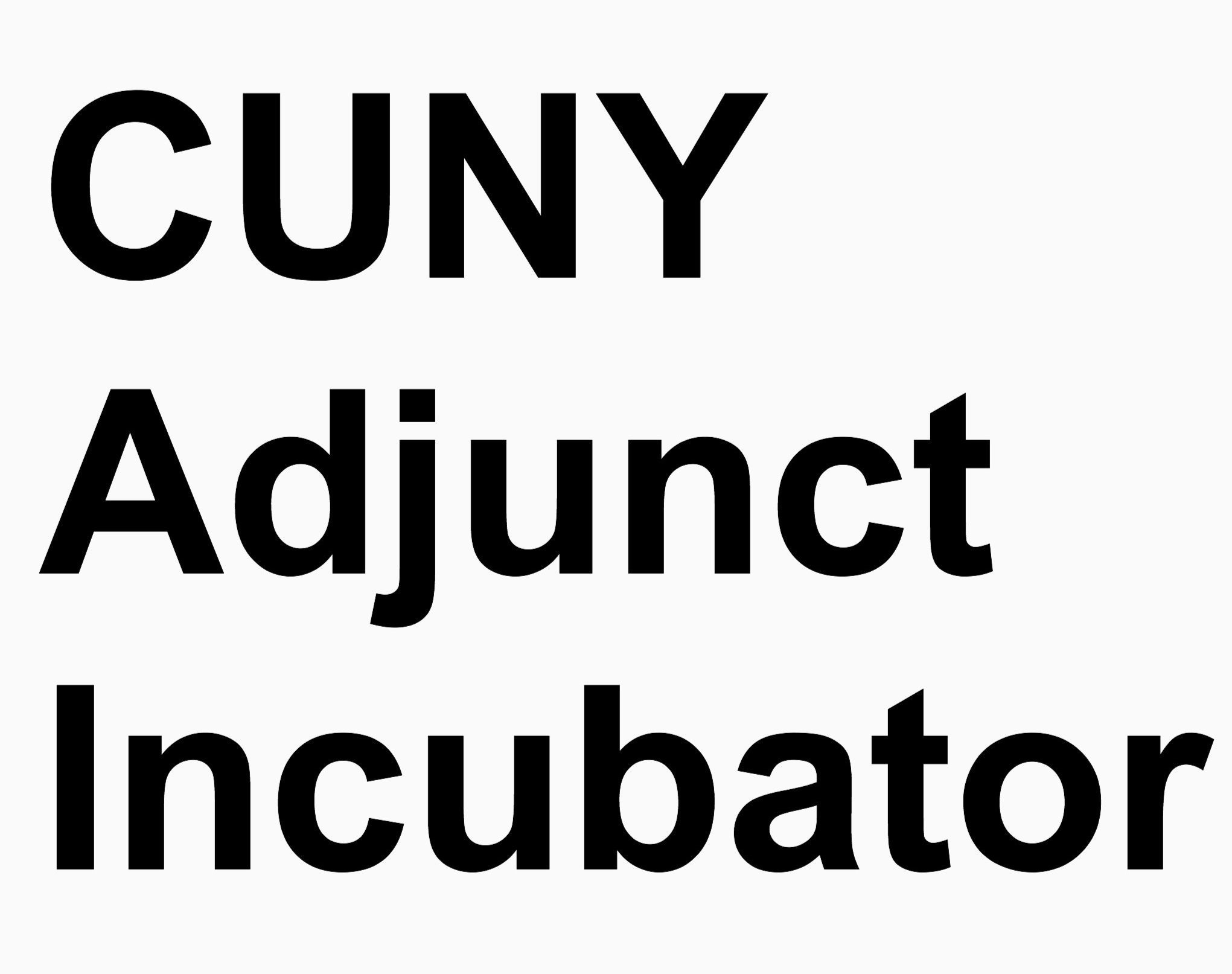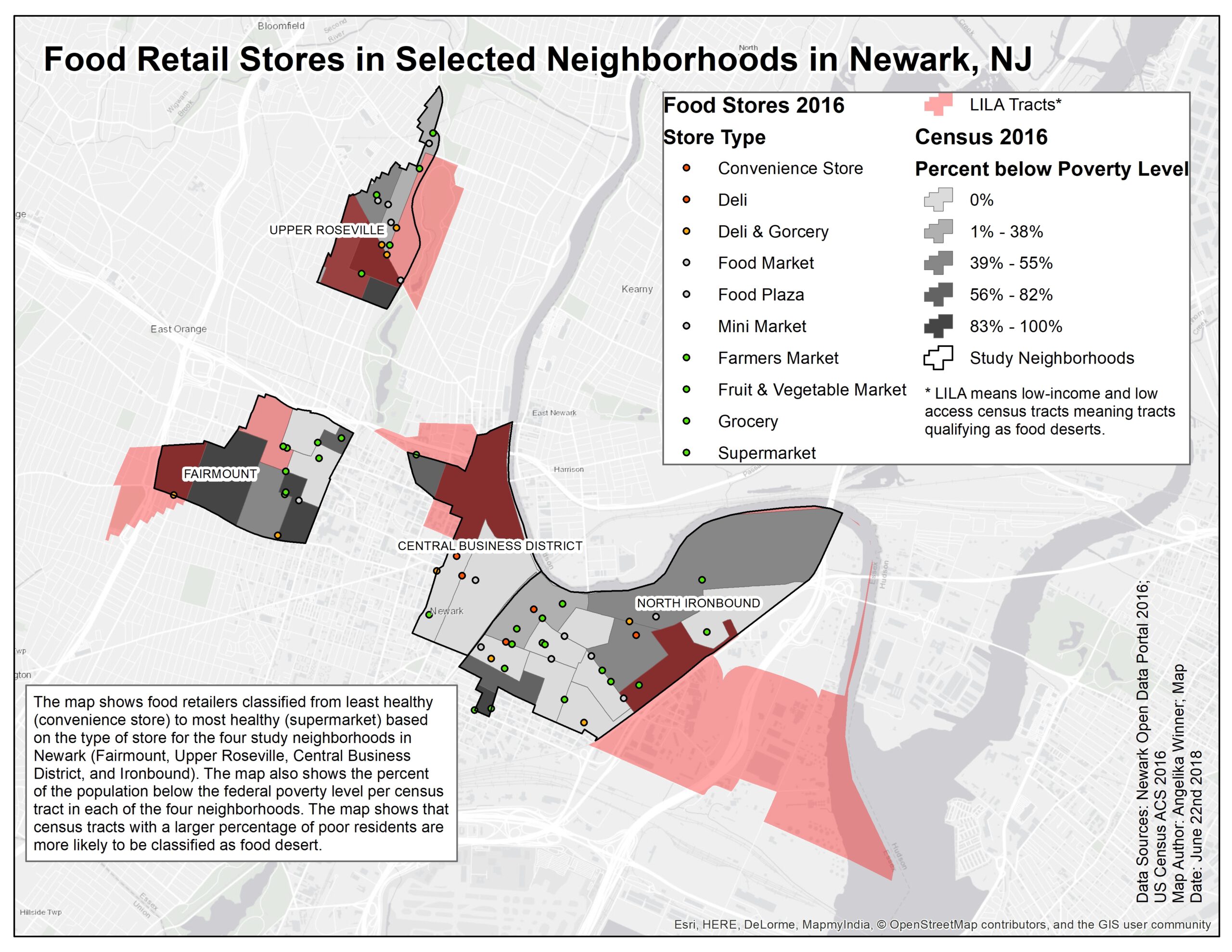Angelika Winner
Angelika Winner grew up in rural southwestern Germany, in a small town in the Black Forest. Both of my parents dropped out of high school and did not get a college degree, something that they both regretted since it forced them to work in jobs that were often physically tasking and low paying. Thus, they motivated me and my sister to do well in school, and to get a college degree. Early on, they created a home environment that nurtured learning and critical thinking. Additionally, I was very lucky to grow up in a country with equal educational opportunities across the class-spectrum, and I owe a lot to the social institutions in Germany which made it possible for working class students like me to get the same quality education as students from wealthier families. My experiences in Germany have since forged my dedication to public education as a means to achieve social justice, and play a big role in my decision to study and work at CUNY.
My sense for social justice and an interest in environmental issues led me to pursue a master’s degree in earth science and hydrology at the University of Freiburg with the goal of working for an aid agency. However, life complicated matters when I met my husband, who is American, and I soon realized that instead of pursuing a nomadic existence working on different aid projects around the world, I wanted to settle down with my partner and refocus my academic work. After finishing my master’s degree, I moved to New York City and started my doctoral studies in Environmental Science in the fall of 2010 at the CUNY Graduate Center. However, after 3 years in the program, my adviser at the time revealed to me that my proposed research was too far removed from his own research interests, and unfortunately a continued collaboration was not possible. At that same time, I also had a philosophical epiphany related to my work. My rationale for a career in science has always been built on idealism – I want my work to contribute to the creation of a more just and equal world. I realized that all those environmental problems I was eager to solve are always related to social problems, and thus, that I needed to focus on people in my research instead. Luckily, my PhD program is a dual program – Earth Science and Geography – and I was able to switch to the Geography side of my program in the spring semester of 2013, and to find a new adviser, Professor Juliana Maantay from Lehman College, who has been very supportive from the start. Since then I have been making steady progress towards my doctoral degree, and I advanced to candidacy in 2017.
During my whole time at CUNY, I have also taught at several CUNY campuses in a large variety of classes ranging from Earth Science to Urban Geography. My goal in teaching is to help students from diverse backgrounds in becoming confident and responsible professionals with crucial work skills, while at the same time making the learning experience an enjoyable one. By being a facilitator of learning who is aware of the challenges that my students face, my goal is to create a classroom environment that is open to a variety of diverse voices and viewpoints. Just as my teaching is dedicated to the improvement of the lives of poor, working class, and minority populations, so is my research. I am attempting to give a voice to people who have traditionally been ignored by stakeholders and academics by acknowledging the knowledge they carry about their lives and their health, but I am also interested in changing policy approaches related to food insecurity and diet-related health disparities by dispelling common assumptions about the lives and shopping strategies of poor people, built into almost all food accessibility studies. Eventually, I am hoping that my research will contribute to policy approaches explicitly considering economic and social inequities, which at the very least exacerbate diet-related health disparities.


